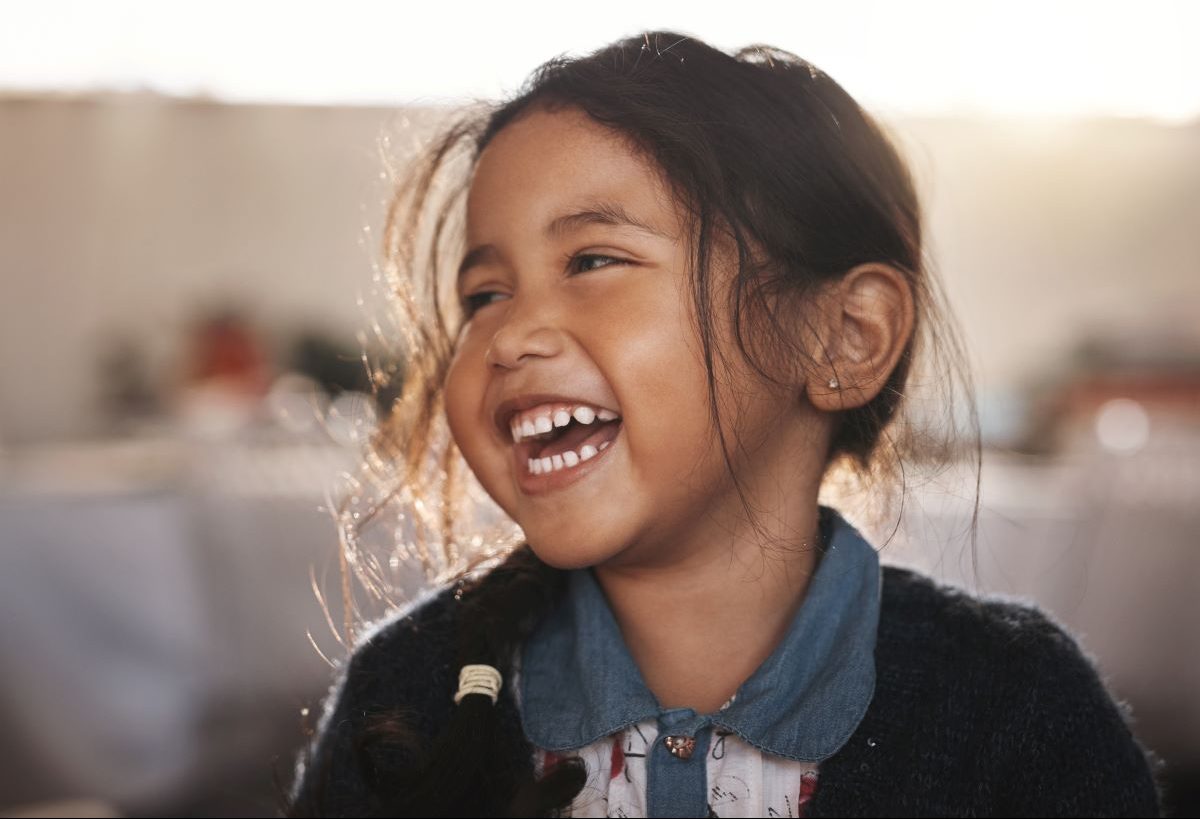We recently interviewed Richard Hiskes about his thoughts on the human rights of children for a CSCH Podcast Episode.
Hiskes, Professor Emeritus of Political Science and Human Rights at UConn, is a political theorist who specializes in human rights theory, especially environmental human rights and the rights of children. He’s recently published a book called Suffer the Children: A Theoretical Foundation for the Human Rights of the Child. Hiskes will speaking at the UConn Storrs Campus on April 6 at 4 pm (with an option to view via livestream). Find out more at the Human Rights Institute Website.
Here are some highlights from the podcast episode in which CSCH Co-Director Sandy Chafouleas interviewed Hiskes.
Give us a bit of background on the idea of children’s rights in general and whether children have human rights.
The world does not act as if children have rights. Why do 150 million children globally work in forced labor? Why are there 10 million child slaves in the world today? Why do 21% of children in the richest country in the world live below the poverty line and experience daily food insecurity? Why can children not vote? If they can’t vote, they have no power to claim their rights just like everybody else. We can say everything we want about children being fully human, but the world doesn’t act as if children have rights.
How have children been excluded from the idea of human rights?
The only argument for why people have rights at all is the argument that human beings have rights because of their capacity to reason. And it’s usually held that since children are not fully rational, they should not have rights in the same way. This is the same argument historically that denied rights to women, and to non-White men.
If we give children full human rights, what would the impacts be?
It would change things a lot. It would fundamentally change what human rights mean. If you begin by saying children have the same rights as adults, the rights that matter most to children are those that have been regarded as secondary: food, shelter, health care, education. All those socio-economic rights now become the most important rights.
It would also fundamentally alter democracy. Children need the power to vote to protect their rights, just like we do. Our government could tell us every day that we have rights, but if we can’t vote to throw those people out of government or change the government, then we don’t really have rights. That’s true for children too. If they don’t vote, they’re not empowered. Giving children full human rights would resuscitate democracy in a way that it really needs right now.
Followers of CSCH include educators, healthcare personnel, and families. What is the main thing that you’d like them to know?
Recognizing children as fully human mean, means that they—not just their parents—have rights to have a voice in any decision that affects them. I don’t know of any children who were consulted during the past two years about whether their schools should have been closed, or what the safety regulations should be. We need to get used to the idea that children need to be in the room (at the very least) when we’re making those kinds of decisions.
Where can our educators learn more?
If you are interested in learning or teaching about human rights, there’s a great organization called the Educator’s Institute for Human Rights. They do lots of good work, specifically with high schools and middle schools.
What’s your favorite thing about UConn? What do you miss most?
Other than the general beauty of New England and the women’s basketball team, of which I am still a huge fan, I think what I miss the most really is the Human Rights Institute. The colleagues, all the people that are associated with it, are people that I miss the most. It really changed my career, to get involved with the Human Rights Institute and made me professionally what I am today. For the better, vastly for the better. That’s what I’m missing. Go Huskies!
